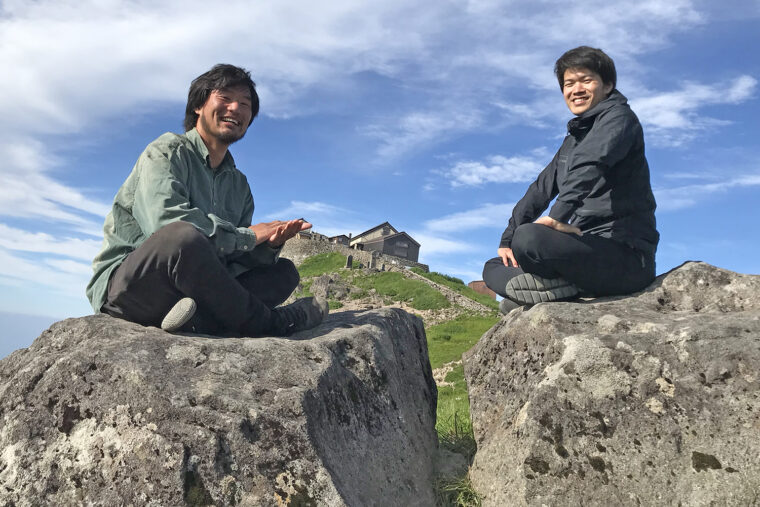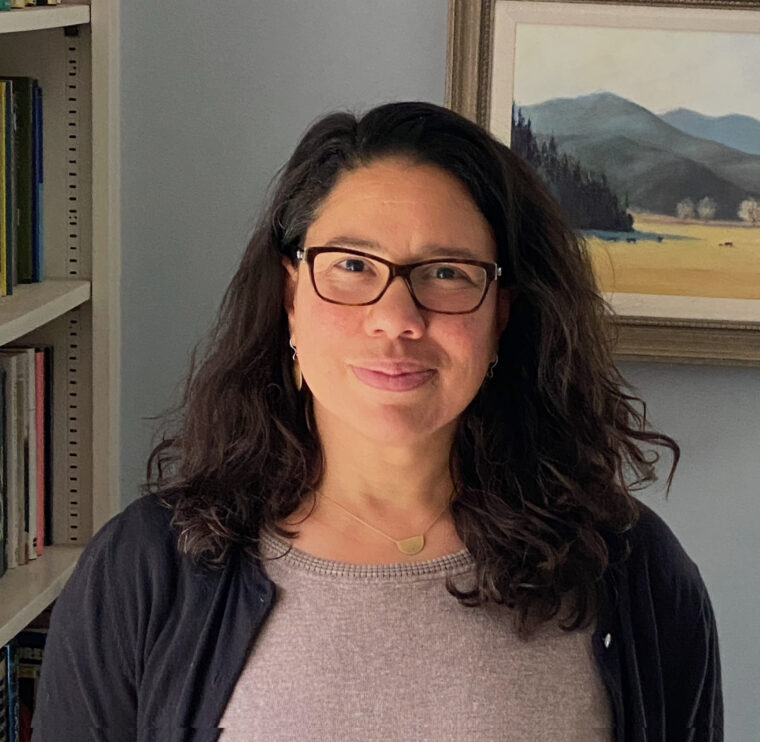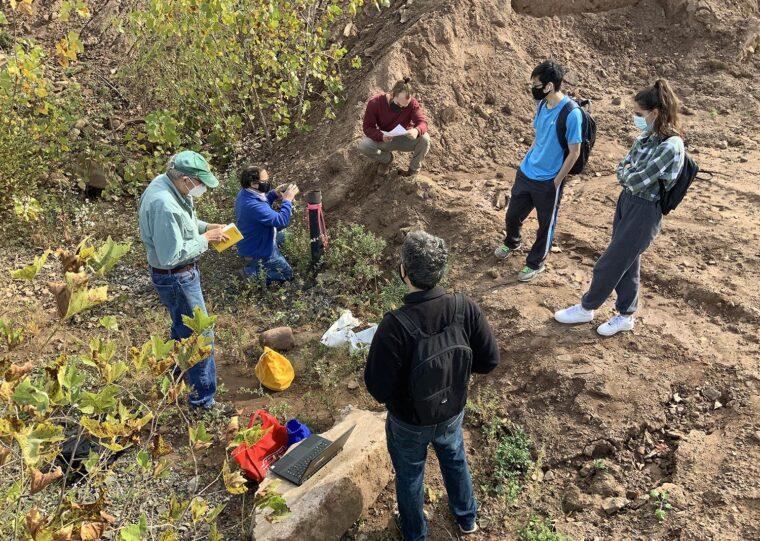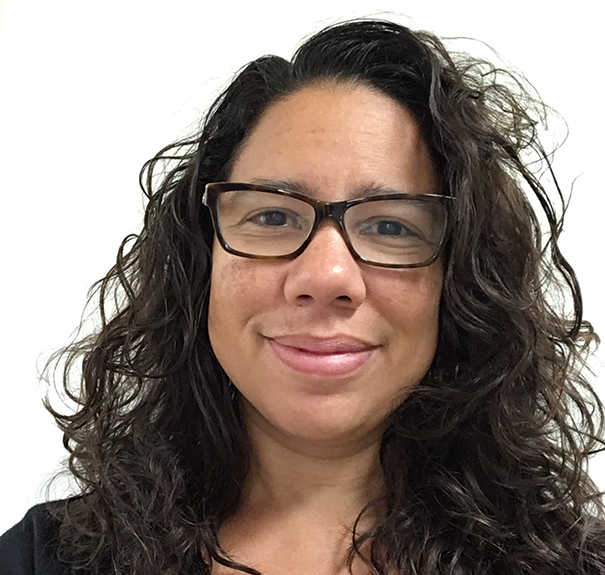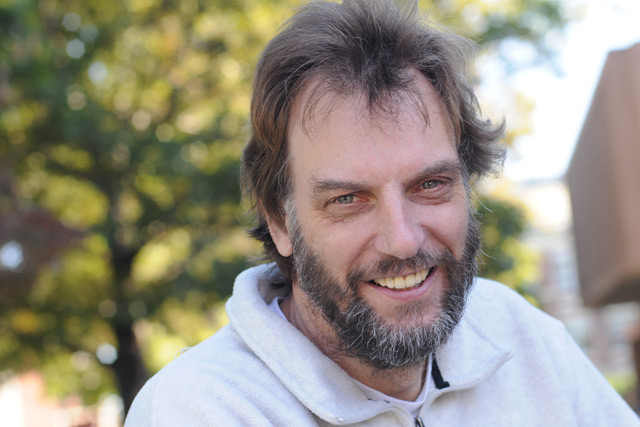For a truly sustainable future, Class of 2016 alumni Kotaro Aoki and Kota Uno believe it's crucial to teach people how to view—and properly "use"— nature. "Education is the most important piece in solving the root cause of climate change and environmental problems," Aoki said. "If we don't change our mindset, the same problem continues to rise no matter how drastic changes on the surface are." After reuniting recently in Fukushima, Japan during the COVID-19 pandemic, Aoki, a philosophy major, and Uno, a College of Social Studies major, discovered a shared interest in climate change. They agreed that they needed…
In recognition of their career achievements, the following faculty members are being appointed to endowed professorships, effective July 1, 2021: Erik Grimmer-Solem, professor of history, is receiving the Ezra and Cecile Zilkha Professorship in the College of Social Studies, established in 2008. Abigail Hornstein, associate professor of economics, is receiving the Woodhouse/Sysco Professorship of Economics, established in 2002. Edward Moran, professor of astronomy, is receiving the John Monroe Van Vleck Professorship of Astronomy, established in 1982. Suzanne OConnell, professor of earth and environmental sciences, is receiving the Harold T. Stearns Professorship of Earth Sciences, established in 1984. Francis Starr, professor…
Two proposed Venus mission concepts co-developed by planetary geologist Martha Gilmore were selected by NASA’s Discovery Program this week. The selected missions aim to understand how Venus became a scorching planet after it was potentially another habitable world in the solar system with an Earth-like climate. Gilmore, George I. Seney Professor of Geology, professor of earth and environmental sciences, is a co-investigator of both winning concepts. Each project will receive approximately $500 million per mission for development and is expected to launch in the 2028–2030 timeframe. The projects include VERITAS (Venus Emissivity, Radio Science, InSAR, Topography, and Spectroscopy) and DAVINCI+…
During the 189th Commencement ceremony, four Wesleyan University faculty received the honorary degree of Master of Arts ad eundem gradum. The degree is awarded regularly and solely to those members of the faculty who (1) are not graduates of Wesleyan at the bachelor’s level and (2) have attained or been appointed to the rank of full professor on our faculty. By the award of this degree, all full professors on the Wesleyan faculty are made alumni of the University, and are qualified to participate in alumni affairs. The recipients include: Erika Franklin Fowler, professor of government; Barbara Juhasz, professor of…
Ellen Thomas, Harold T. Stearns Professor of Integrative Sciences, is the co-author of five scientific papers. All are part of the output of international collaborations of which her Wesleyan-based research was a part, funded by the National Science Foundation over the last three years. “All the studies look at different aspects of the behavior of microscopic organisms in the oceans under past environmental stress, whether caused by the impact of the asteroid that killed the dinosaurs, or past episodes of global warming or cooling, and at the effect of different rates of environmental change on these life forms," she said.…
Suzanne OConnell, professor of earth and environmental sciences, and Julian Dann ’17, a graduate student at the University of Alaska, Fairbanks, were both selected to be part of the American Geophysical Union’s 2021 Voices for Science Cohort. Hosted by the American Geophysical Union, Voices for Science aims to train scientists "to address the critical need for communicating the value and impact of Earth and space science to key decision makers, journalists, and public audiences," according to the union's website. Each cohort receives specialized training and mentoring throughout a 12-month period to hone their skills in communication and outreach. Throughout the…
Yu Kai Tan BA/MA '21 presented his recent 3D scanning models during the 2021 Northeast Geobiology Symposium, which took place virtually on April 9-10. Tan’s presentation was titled "Orphaned Freshwater Mussel Collection Reveals Biogeography of Sculptured Sciences." During the event, Tan showcased several 3D-scanned models of the mussel collection he is currently studying for his master's degree. The symposium, which is organized by students and postdocs, provides an inclusive environment for researchers at various stages of their development to learn from their peers and develop collaborative relationships for future work.
Ten students majoring in earth and environmental sciences (E&ES) have completed their senior capstone projects. Each year, seniors in the major embark on a capstone experience that starts with a seminar in the fall (E&ES497) in which students design an original research project, go on a field trip to carry out the research and complete their fieldwork, and then analyze their results and present them in written reports and oral presentations. In past years, students have ventured across the globe for their field trips. However, the pandemic caused this year’s projects to look a little different. This time, the field…
Martha Gilmore, George I. Seney Professor of Geology and professor of earth and environmental sciences, is the co-author of seven new papers and articles. These include: “Distinct Mineralogy and Age of Individual Lava Flows in Atla Regio, Venus Derived From Magellan Radar Emissivity,” published in the March 2021 issue of JGR: Planets. Gilmore's former postdoc Jeremy Brossier, Katie Toner '20 and Avi Stein '17 co-authored this paper. “The Venus Life Equation,” published online in the January 2021 issue of Astrobiology. “Variations in the radiophysical properties of tesserae and mountain belts on Venus: Classification and mineralogical trends,” published in the February…
Suzanne OConnell, professor of earth and environmental sciences, is featured on Vox Media’s podcast Unexplainable in a March 17 episode titled “Journey Toward the Center of the Earth.” The podcast explores unanswered scientific questions about mysterious aspects of the world and examines what scientists are doing to find answers. The episode with OConnell delves into a 20th-century quest to drill into the Earth’s layers through the ocean, specifically to learn more about a very dense region between the crust and the mantle called the Mohorovičić discontinuity, or the Moho. “Project Moho was a bust, but it lay a foundation for…
Johan "Joop" Varekamp, Harold T. Stearns Professor in Earth Science, professor of earth and environmental studies, is the co-author of an article published in Geology, March 2021. The study, titled "Volcanic Carbon Cycling in East Lake, Newberry Volcano, Oregon," focuses on the bubbling East Lake, the site of the Newberry Volcano, and the geological implications of the carbon reactions happening there. Varekamp co-authored the article with graduate student Christina Cauley and former students: Hilary Brumberg '17, Lena Capece '16, Celeste Smith '19, Paula Tartell '18, and Molly Wagner MA '19. The team researched this geological phenomenon from 2015 to 2019,…
Gabe Snashall '21 and Adjunct Assistant Professor of Environmental Studies Helen Poulos are the co-authors of "Oreos Versus Orangutans: The Need for Sustainability Transformations and Nonhierarchical Polycentric Governance in the Global Palm Oil Industry," published in the Feb. 22 issue of Forests. According to the paper's abstract, "While the myriad benefits of palm oil as a food, makeup, and cleaning product additive drive its demand, globally, the palm oil industry remains largely unsustainable and unregulated. The negative externalities of palm oil production are diverse and devastating to tropical ecosystem integrity and human livelihoods in palm oil nations. Given the current…


